It goes without saying that the Financial Services industry and its financial data is a prime target for cybercrime. With remote working and acquisitions both proving additional challenges during the pandemic, a Ponemon Institute survey reveals that 70% of UK financial sector firms were victims of cyberattacks in 2020.
Credentials remain highly targeted. According to Verizon’s 2021 Data Breach Investigations Report, credentials are involved in 61% of breaches – as the fastest data point to compromise, this raises a huge compliance issue within a strictly regulated sector. Effective identity management is critical for banks, fintechs and other financial service professionals responsible for handling millions of personal and financial data records.
So how can firms secure their data to protect users and customers from identity theft? Here are Transparity’s top 3 recommended IT solutions…
Improve endpoint security to protect financial data
Employees working remotely on unsecure personal devices are at high risk of cyberattack. To mitigate increasingly sophisticated threats, organisations must take a Zero Trust approach to endpoint management. Microsoft Endpoint Manager can be set up to require proof of identity through Multi-Factor Authentication and Conditional Access rules before users can access applications and files. This helps to secure endpoints and protect your organisation against malicious outsiders, by ensuring only authorised personnel have access to sensitive data. According to a 2021 Statista survey, 72% of organisations plan to adopt Zero Trust security, or have already adopted it.
Migrate to the Cloud
Transparity migrated private equity firm and investment group Blue Coast Capital to the Cloud, also modernising their on-premises infrastructure to futureproof hybrid working. Hosting servers on Azure created the scalable, secure infrastructure needed to accommodate new acquisitions moving forward. The firm can now also more easily track which users have accessed data or systems and on which devices, helping to shut down external threats and maintain compliance.
Through Microsoft 365, we set up Mobile Device Management with Single Sign-On and Multi-Factor Authentication for extra protection against unauthorised usage and data access – even if staff are working remotely on personal devices. This all-in-one, Cloud-first solution allowed the firm to move from CapEx to OpEx expenditure by eliminating infrastructure maintenance costs, whilst effectively protecting sensitive data across the organisation.
Take advantage of Microsoft funded workshops
As a Microsoft Gold Partner, Transparity hold multiple Advanced Specialisations, including:
- Threat Protection Advanced Specialisation
- Identity and Access Management Advanced Specialisation
- Information Protection and Governance Advanced Specialisation
- Cloud Security Advanced Specialisation
To learn more about how Microsoft solutions can improve cybersecurity and IT governance in your organisation, register for a 3-day workshop with Transparity’s expert consultants.



